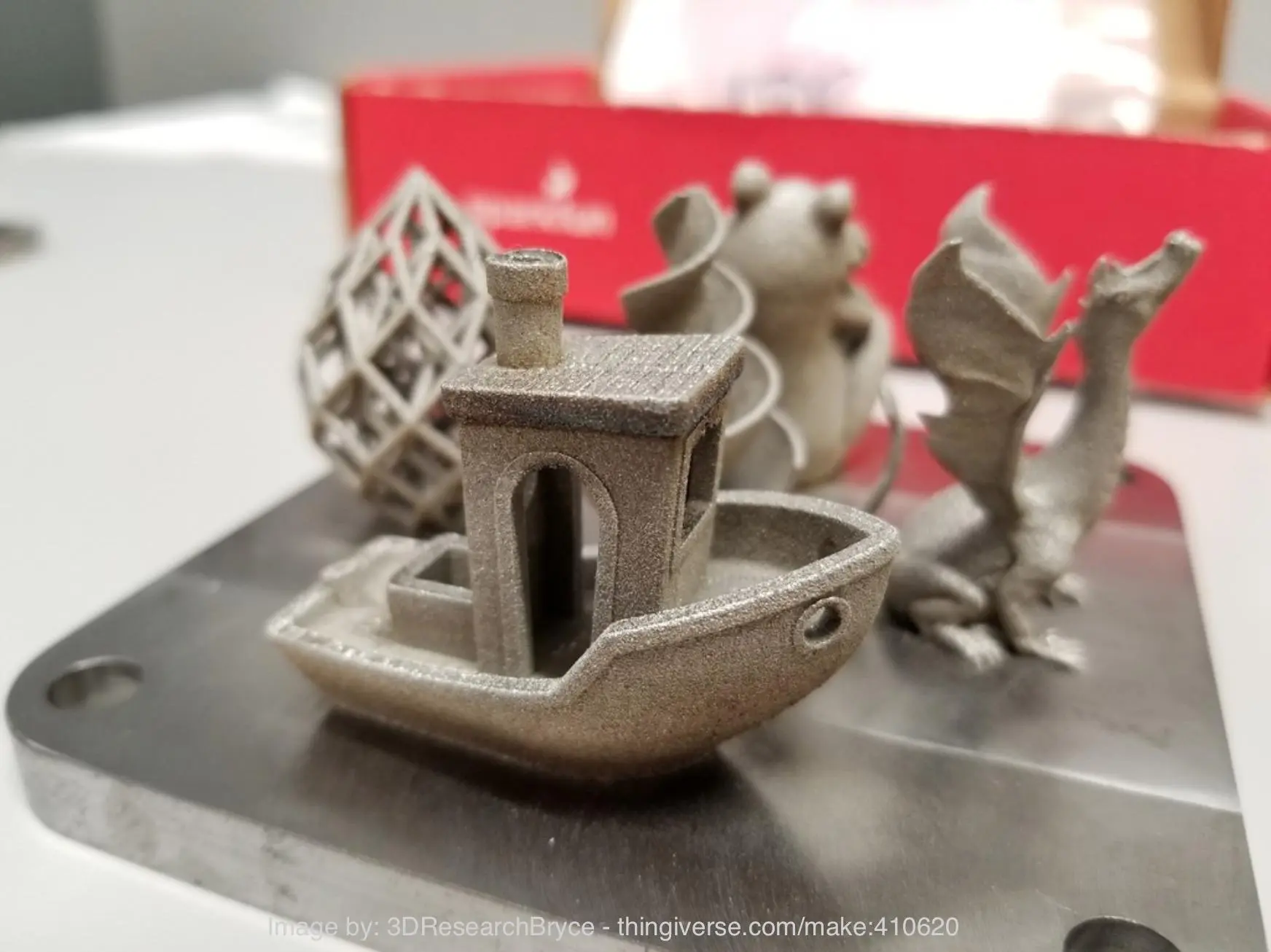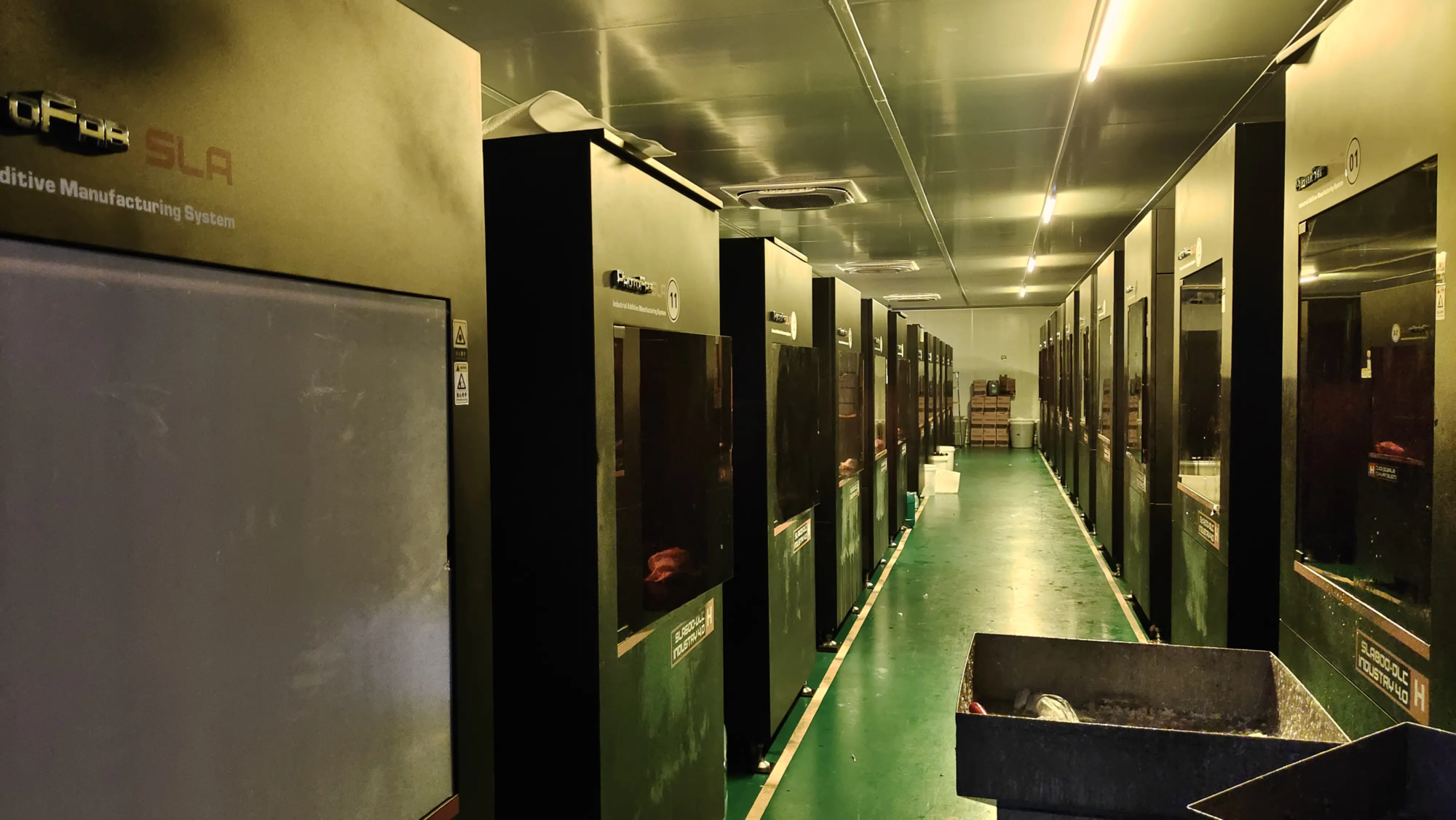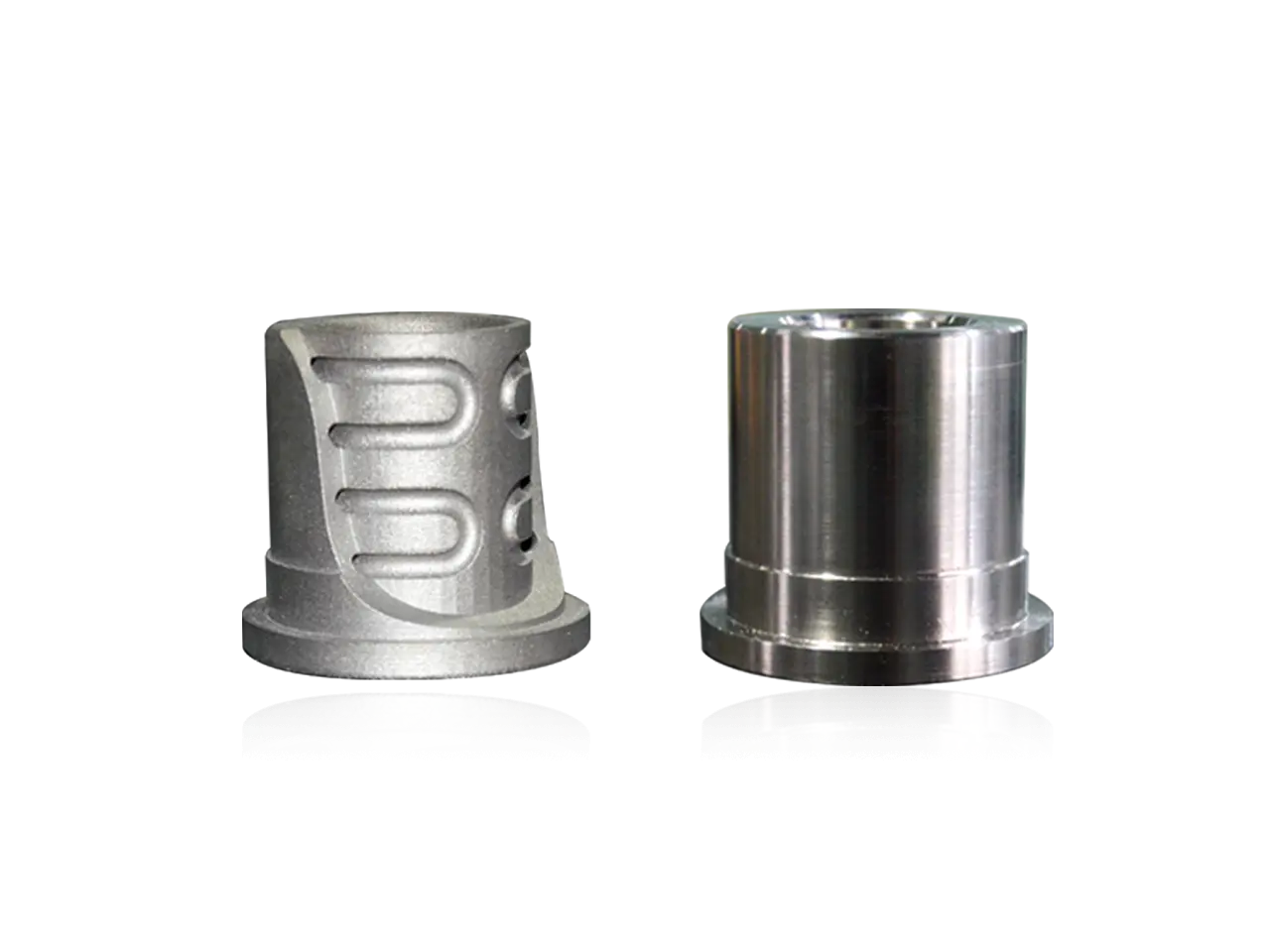The importance of 3D printing in the automotive industry increases rapidly, and it is expected that in 2027, the world size of the automotive additive manufacturing market will reach $ 7.9 billion.
Recently, Daimler Buss announced a partnership with 3D Systems, the world’s leading supplier of additive manufacturing solutions, to launch an innovative platform to allow decentralized production of spare parts via 3D printing technology. This solution incorporates a large Daimler Bus experience in terms of manufacturing and maintenance of parts, advanced printing technology from 3D systems, OQton software support and digital rights management system for Wibu-Systs for considerably improve vehicle repairs.
In traditional supply chain mode, some key parts of a bus, a truck or a long distance bus (such as pins, blankets or plug-ins) may take weeks to obtain from the supplier, Building vehicle downtime, an increase in costs and impacting customer satisfaction.
The new solution allows Daimler certified service partners to produce these parts locally thanks to 3D printing, which reduces the time to supply parts up to 75%. Service agencies or operators do not need to wait for a complex logistics allowance, and vehicles can resume services faster.
The solution is based on 3D 3D 3D 3D 3D Systems 380 printers, allowing effective and high -quality polymers’ parts effect. In the future, Daimler Bus plans to extend this system to support metal printing equipment to cover more parts applications.
The platform is equipped with OQTON 3DXPERT software, a fully functional integrated tool that simplifies the additive manufacturing process, and can be transparently completed with the design of parts to the preparation of production. Service partners decrypt the digital files of specific parts via the platform and allow rapid printing, thus improving the response speed and the flexibility of production.
The digital Wibu-Systems digital rights management system guarantees that only authorized service agencies can access design files and produce them depending on license quantities. This design prevents technology leaks while guaranteeing the competitive advantage of the Daimler buses.
Thanks to this platform, commercial vehicle operators can considerably reduce downtime due to the lack of spare parts and minimize indirect costs. The production model on demand also reduces dependence on traditional supply chains and improves flexibility by responding to the disturbances of the supply chain.
“This revolutionary solution is an important step in the production of decentralized spare parts, which not only improves operational efficiency, but also reduces food by rational use of 3D printing industrial quality,” said Ralf Anderhofstadt, head of the Daimler Trucks and Bus Company Additive Manufacturing Center.
Jaime Garcia, head of additive solutions for the automobile and commercial transport at 3D Systems, noted: “This collaboration has reshaped the traditional model of the supply chain, not only demonstrating the high potential for industrial 3D printing, But also the jump from the manufacture of the prototype to full function of function.
Daimler Bus Company has passedIts omniplus 3D printing eshopMarket this solution. Certification service agencies can buy licenses via the platform and join the 3D Daimler 3D printing network. With access to more printing equipment in the future, this platform will still expand its coverage, including more complex and durable parts applications.
About Daimler Bus
Daimler Bus is the pioneer of industrial 3D printing in the automotive industry. Since 2016, the company has committed to developing digital production technology. Currently, its omniplus service brand has adapted around 40,000 Bus spare parts from the Mercedes-Benz brands and Setra in 3D printing. This virtual warehouse provides not only the basis of 3D printing licenses management, but also more optimizes the rapid availability of spare parts, thus improving the efficiency of services and customer experience.





